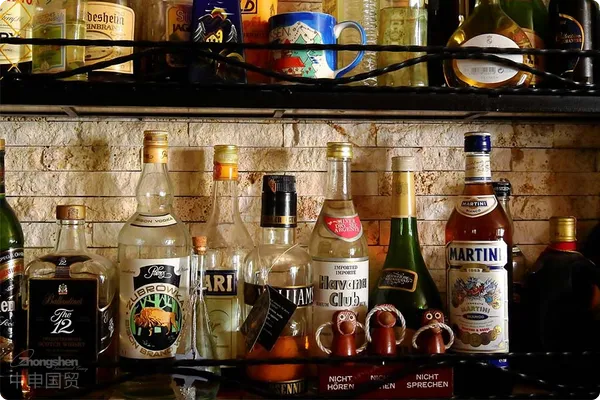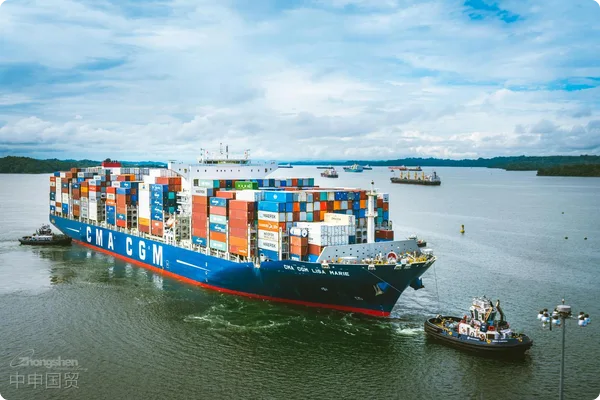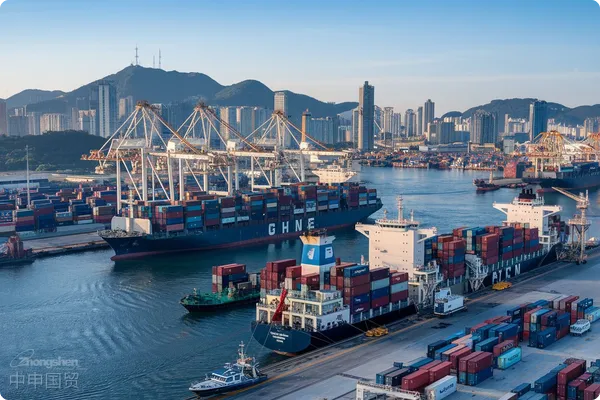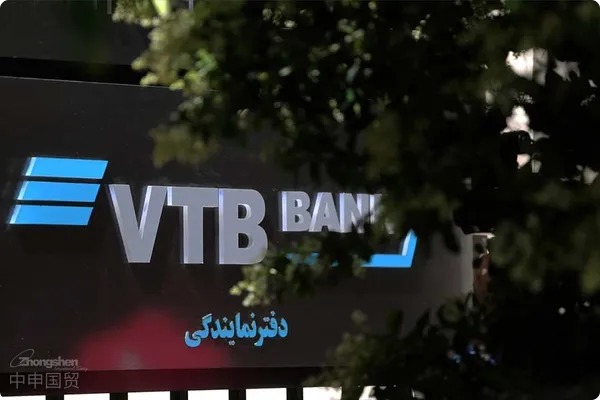- Shanghai Zhongshen International Trade Co., Ltd. - Two decades of trade agency expertise.
- Service Hotline: 139 1787 2118
October 16, 2024 — Recently, the Hong Kong Special Administrative Region government announced that starting fromOctober 16, it will implement tax reduction policies for imported spirits priced aboveHKD 200, lowering the tax rate from100% to 10%. Industry insiders believe this move could establish Hong Kong as a new trade hub for imported spirits like whisky and brandy in Asia, potentially diverting some mainland Chinas imported spirits demand to Hong Kongs market, though parallel traders remain a concern.

Details of tax rate adjustments
According to the Chief Executives 2024 Policy Address, the specific tax adjustments are as follows:
- For imported spirits priced aboveHKD 200HKD 200, the tax rate for amounts exceeding HKD 200 will be reduced. For amounts at or below HKD 200, and for imported spirits priced at or below HKD 200, tax rates remain unchanged.100% to 10%.
- Policy background and historical reference
The Hong Kong government referenced its successful 2008 experience of eliminating import duties on wine and alcoholic beverages with concentrations not exceeding 30%. At that time, wine tariffs were reduced from
40% to 0%, significantly boosting Hong Kongs wine trade growth.Market response and impact
Some liquor merchants believe the tax reduction will significantly affect mainland Chinas premium spirits market. Currently, the comprehensive tax rate for imported whisky and brandy in mainland China is approximately
. Under the new rates, a bottle priced at48%HKD 1000HKD 1000Import duty on spirits will be reduced72%, the actual tax rate will be lower than mainland levels. For higher-priced imported spirits, the duty reduction will be greater.
Trade Data and Market Dynamics
According to China Customs data,from January to August 2024, Chinas market imported spirits66.69 million kiloliters, a year-on-year decline of18.4%, with total imports valued at approximately$1.34 billion, a decrease of21.2%. Among these, brandy and whisky imports accounted for about **80%** of total imports.
The Appeal of Hong Kongs Market
With the implementation of the new tax rates, some French cognac originally exported directly to mainland China may shift to the Hong Kong market. It is reported that French cognac accounts forover 99%of EU brandy exports to China. Analysts predict that tariff differences will attract more imported spirits consumers to purchase in Hong Kong.
Industry Layout and Overseas Expansion
In recent years, several liquor companies, including well-known domestic baijiu enterprises, have increased their presence in the Hong Kong market and expanded into Southeast Asia through Hong Kong. The new tax policy is expected to further accelerate the overseas expansion of mainland Chinese liquor companies and enhance their competitiveness in international markets.
Potential Risks of Parallel Traders
Although the new policy brings many benefits, some liquor merchants worry that the reduction in tax rates for high-end imported spirits may increase arbitrage activities, leading to parallel trader issues. These parallel traders may bring high-end imported spirits into the mainland under personal names for resale. However, industry insiders note that under the new policy, spirits imported into Hong Kong priced belowHKD 500will still face higher tax rates than in the mainland market, and with strict customs enforcement, it remains to be seen whether parallel trader issues will occur on a large scale.
Expert Views and Future Outlook
Industry experts say Hong Kongs tax reduction policy will significantly elevate its position in Asias spirits trade, but stronger regulation is needed to prevent potential smuggling and arbitrage. As mainland Chinas demand for high-end spirits diversifies, Hong Kong is poised to become a new key trade hub, promoting liquor trade within and beyond the region.
Related Recommendations
? 2025. All Rights Reserved. Shanghai ICP No. 2023007705-2  PSB Record: Shanghai No.31011502009912
PSB Record: Shanghai No.31011502009912










